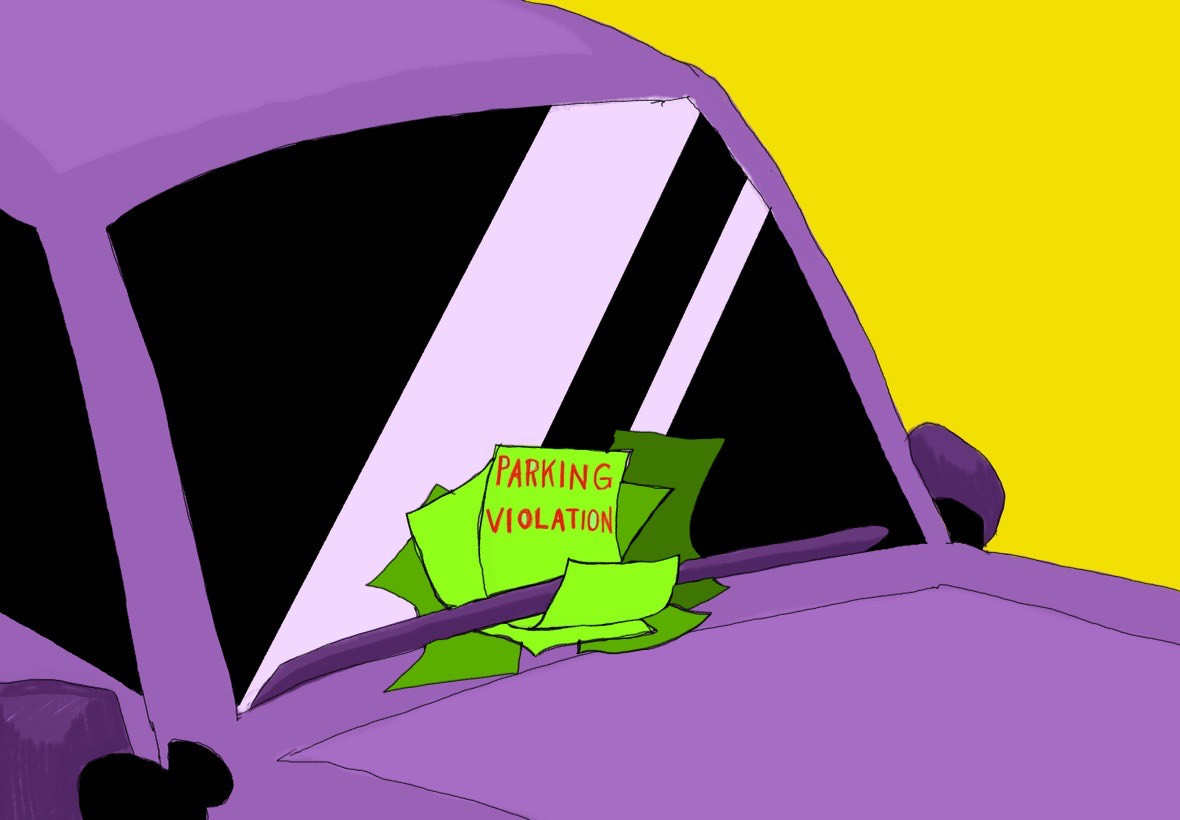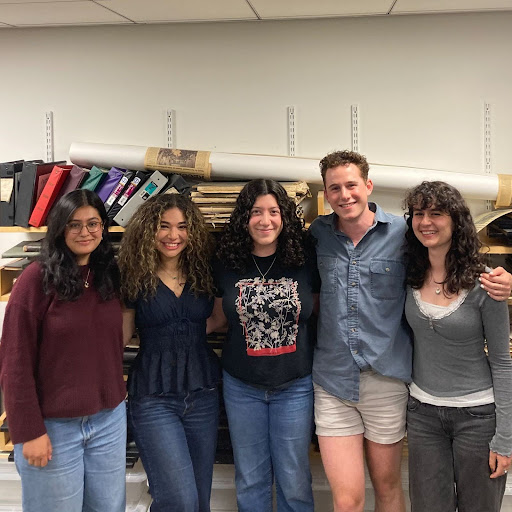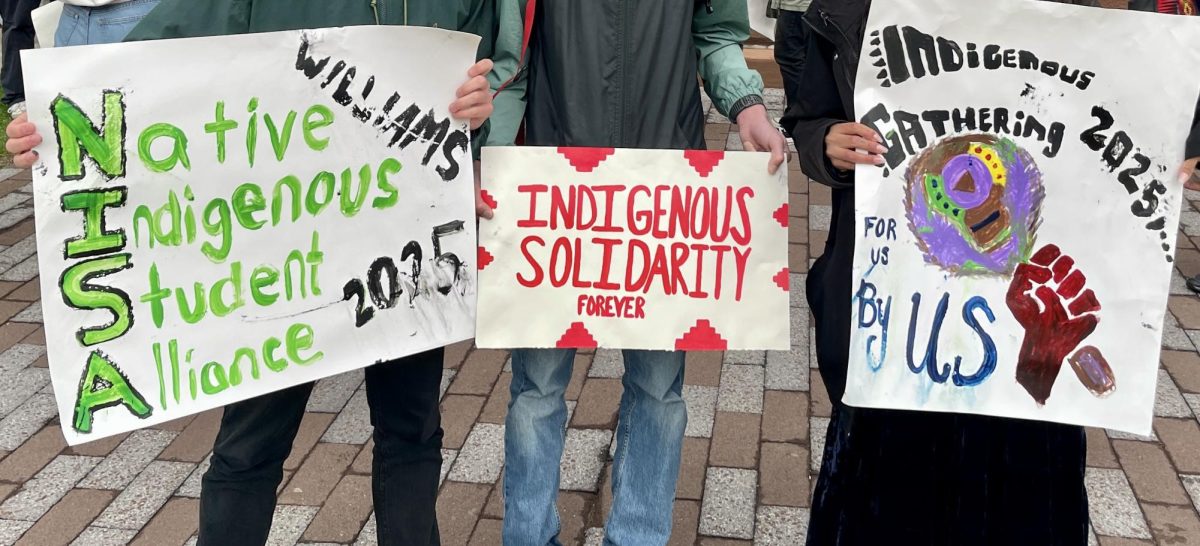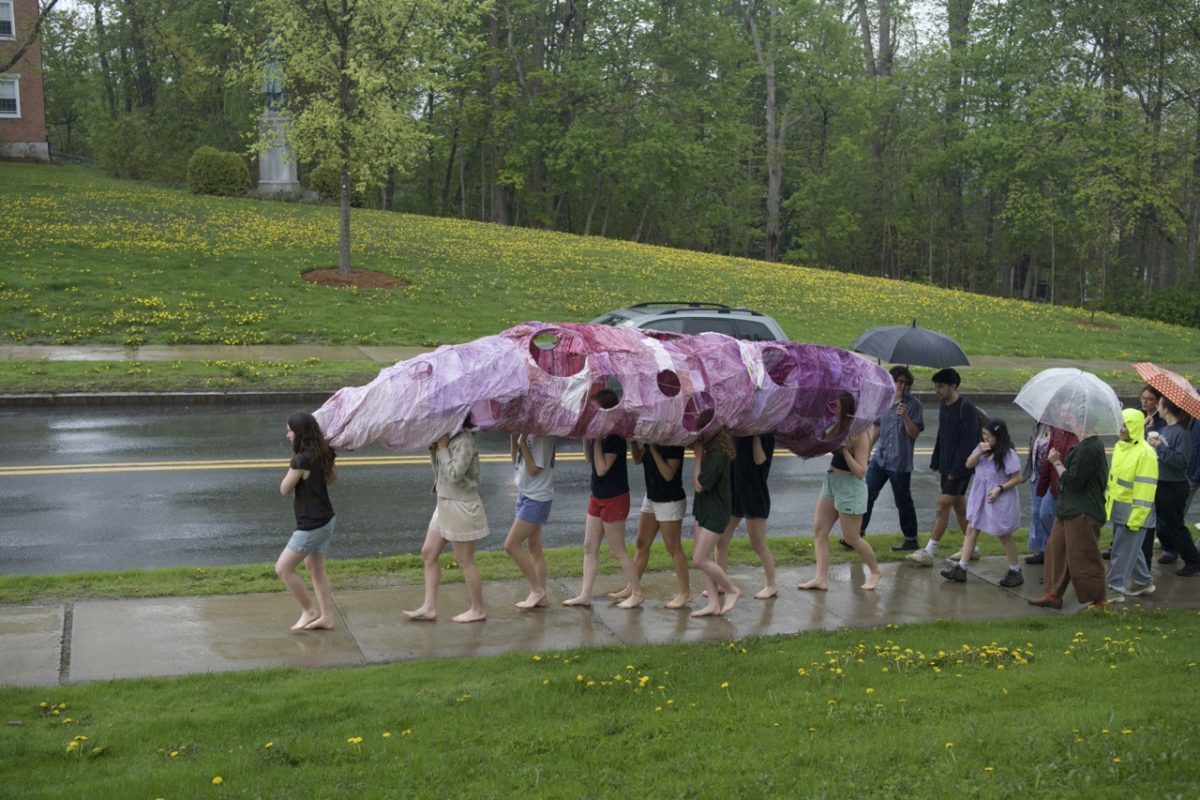The Gaius Charles Bolin Fellowship was established in 1985 to recognize Gaius Charles Bolin, an 1889 graduate and the first Black student admitted to the College. Now, some 34 years later, the Bolin fellowship continues to honor Bolin’s legacy by promoting diversity among faculty, accepting two to three fellows each year from underrepresented backgrounds.
This year, Prisca Gayles, the Gaius Charles Bolin Fellow in Africana studies, begins a two-year residency at the College designed for fellows to finish their dissertations and to hone their teaching and research skills. But Gayles, in addition to her duties writing and teaching, has continued to uphold Bolin’s ideals of inclusivity and community, pioneering a small writing group within the faculty called Write or Die.
For Gayles and Susanne Ryuyin Kerekes, Bolin Fellow in religion and Asian studies – who call themselves the “Bolin Twins” – the stress of not only preparing for class but also adjusting to a new environment and handling the pressure of a dissertation can be daunting. A doctoral candidate in Latin American studies (African Diaspora studies-affiliated) at the University of Texas at Austin, Gayles aims to finish a dissertation that, in her words, “examines the relational processes by which movement participants and political stakeholders seek racial justice in an environment where blacks are largely invisible.” To Gayles, this is a task that is even more difficult than teaching.
“You’re always teaching and writing, if you are doing a teaching assistantship or as an assistant instructor, teaching or assistant or as an adjunct instructor,” she said. “On the other hand, you have a dissertation which is like this thing that is so much harder to write than anything else has been to write for me, because I think there is so much pressure on ‘this is the thing that is going to establish me.’”
Kerekes, meanwhile, completed her dissertation and doctorate from the University of Pennsylvania in the fall but expressed that as a young academic in a small community like Williamstown, she often finds herself in a social limbo. “Most of us are single or don’t have families, so it’s a bit difficult in the social scene to be a member of faculty,” she said.
In response to these challenges, Gayles initiated the idea of a faculty writing group, and with the assistance of Visiting Lecturer in Arabic Studies Radwa El Barouni, brought together scholars at similar stages in their academic careers to join a community dubbed “Write or Die,” a spin on the “Bad Boys” quote, “We ride together, we die together.”
Gayles explained the thinking behind the name. “It’s a very apt name. One of the most important things you do in academia – in terms of getting tenure and becoming a [full-time] professor – is writing,” Gayles said. “But there’s no structures that are built into writing for success. For teaching, you have your students who are asking for a syllabus [and] you have to make that syllabus. It gives you a guideline… And in writing, unless you create a writing group – unless you take it upon yourself and have that own ambition to do that – there’s not really any built-in accountability structures for writing in schools.”
Though it began as an opportunity for faculty members to meet up and work in the presence of one another, Write or Die has evolved into a sanctuary and home for many of its members.
Kerekes recognized that her fellow members share similar experiences as faculty members who are single or don’t have families. “It’s a little strange,” she said. “It’s like, where do we fit in? So [Write or Die] has been sort of a saving grace. It’s nice to have this core of family, but also people who know the work and the demands of the kind of work we do.”
Write or Die opens itself to fellows in all disciplines, including the artists and physicists in the group. “Sometimes, what writing looks like is just us working together in a group,” Gayles noted. “Maybe someone’s planning a lesson while someone’s writing a job application while someone’s writing an article while someone’s busy writing a dissertation.”
For the eleven current members in Write or Die, the writing group adds accountability to their work and research, and, contrary to its name, a healthy dose of positivity. “When I have a stressful time writing, I write with community,” Gayles said. “And so even if we don’t read each other’s things, we’re constantly writing together, or even just a message – we have a WhatsApp group – that says, ‘Happy writing today!’ [and] that kind of a community pushes you… I think it’s very important to build those kinds of accountability structures that are supported by schools but not built into the institutional fabric of schools.”








